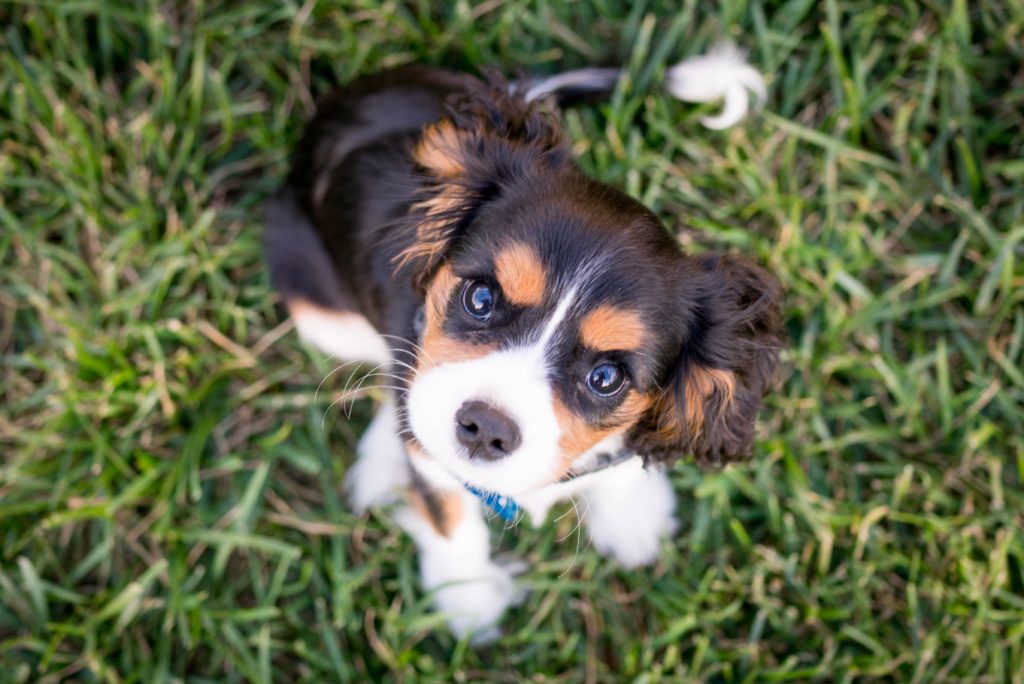Parvo virus is a highly-contagious, deadly illness effecting puppies and dogs. This year in particular, the number of reported cases in the Western Cape have been startling. In fact, they have been at an all time high, as reported by The Animal Welfare Society.
Common symptoms of an infected dog include vomiting, diarrhea (with a very distinct smell), lethargy, and loss of appetite. Parvovirus breeds in warm temperatures, making summer a perfect environment.
The virus is so potent that it is able to be carried and transmitted by unwitting third party vectors via the soles of their shoes or clothing.
Repeated warnings and reports have been issued by local animal welfare societies, including TEARS Animal Rescue in Sunnydale, Cape Town.
So, how do us humans keep our pooches safe? Here are three easy ways to protect your beloved doggos from getting parvo.
1. Don’t wait, set a date!
Vaccinating your dogs and puppies is absolutely essential. First vaccines should be received between six and eight weeks of age, with boosters administered at three-week intervals. Adult dogs need annual maintenance shots.
2. The virus isn’t picky
Any dog, at any age, being any breed can contract the illness. No specific breed is immune. Even less adventurous or housebound dogs are at risk with the virus being transmittable via human contact. It can, for example, be transferred from your shoes into your soil at home, where it will live for years.
3. Err on the side of caution
Prevention is always easier than treatment. Avoid taking unvaccinated floofs to pet-popular spots to minimise the risk of infection. Also be sure to carry your pup into the vet as to avoid them touching anything that could be contaminated when going for vaccinations. If you suspect your house or garden has been infected, clean with a strong detergent or bleach solution.
View this post on Instagram
Any dog or puppy displaying any symptoms or that appears to be ‘off colour’ should be seen by a veterinarian without delay. A snap-test will quickly confirm whether or not the pet has parvovirus.
Picture: Unsplash

